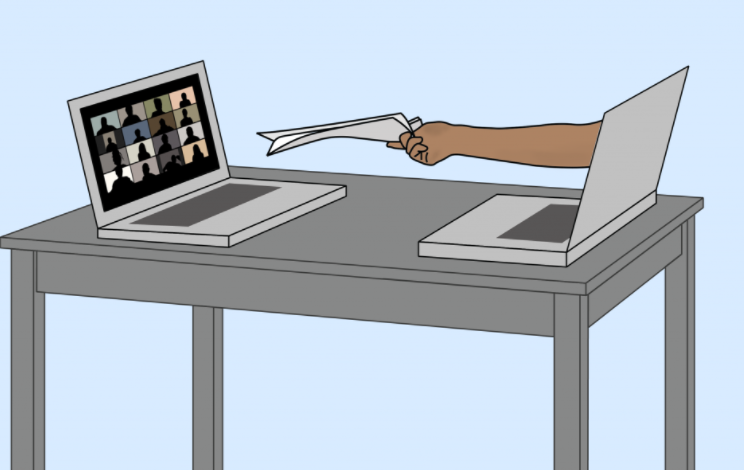
In the face of unexpected event, such as coronavirus pneumonia epidemic has brought huge challenges to the education field. However, school education has not been stopped. Although face-to-face teaching cannot be carried out in schools, multimedia teaching gives students and teachers the opportunity to continue learning and teaching.
With the achievements of teaching management informatization and teaching model of various website system platforms, schools have developed the main form and main environment of online education. But the first problem of online teaching is real-time monitoring of students’ conditions, such as homework completion, knowledge understanding, and test integrity. Before teachers design the curriculum, what should be considered is how attract the attention of the students and how to better observe the students’ learning status. It is recommended to use real-time meeting for course teaching, because current real-time meeting software such as Zoom and Google Meet can perform functions such as video recording, voice recording, screen recording, and file sharing. On the one hand, students can be required to turn on the camera to observe the their listening status. On the other hand, teachers can use their familiar teaching mode like in the classroom, whether it is using slides or video playback, it can be implemented in real-time conference software, and the attendance rate of students can be intuitively observed. Teachers can upload homework and quiz on the school website to check the students’ learning level of knowledge. When exams come, integrity issues should be taken seriously, cheating that is difficult to prevent in offline classrooms, and how to reduce cheating in online classrooms. In the article by Stephanie Smith Budhai, PhD, 14 ways to reduce cheating on online exams are introduced (Budhai, 2020).
Fourteen Simple Strategies to Reduce Cheating on Online Examinations
They are
1. Create questions that require higher order thinking.
2. Use varied question types.
3. Creatively remind students of academic integrity policies.
4. Require students to sign an academic integrity contract.
5. Restrict testing window.
6. Set-up the exam to show one question at a time.
7. Prohibit backtracking.
8. Change test question sequence.
9. Offer different versions of the same test.
10. Allow for only taking the test once.
11. Plan for “technical issues.”
12. Delay score availability.
13. Refrain from using publisher test banks verbatim.
14. Protect test question answers.
These are ideal online classroom suggestions. There are still many problems in actual operation. The main problem is that some teachers who are accustomed to using only blackboard chalk for teaching in actual classrooms. They seldom come into contact with multi-media teaching. Therefore, there are problems in the operation of computers and technology, which requires teachers to study and train.
Bibliography:
Budhai, S. (2020). Fourteen Simple Strategies to Reduce Cheating on Online Examinations | Faculty Focus. Faculty Focus | Higher Ed Teaching & Learning. Retrieved 8 June 2021, from https://www.facultyfocus.com/articles/educational-assessment/fourteen-simple-strategies-to-reduce-cheating-on-online-examinations/.
While I think you brought up a great point about being prepared for the unexpected, I would recommend decreasing your focus on cheating with the students. It seems pretty intense and I think you want to maintain a mutual trust relationship with them, not a relationship where contracts need to be signed to make sure they aren’t cheating in their own education.